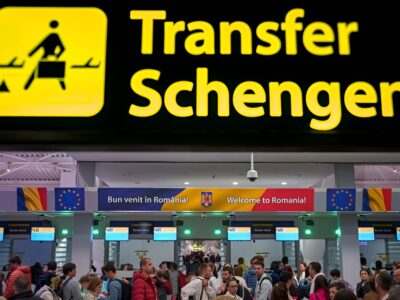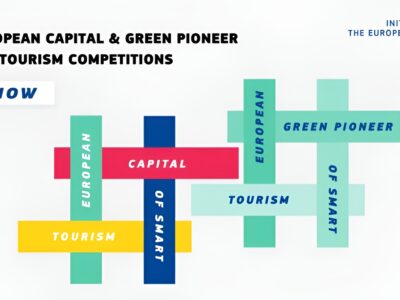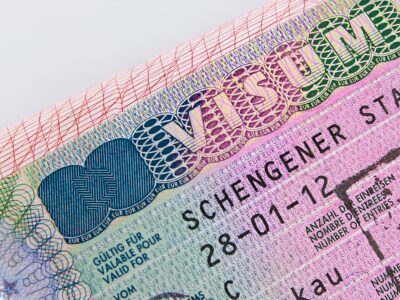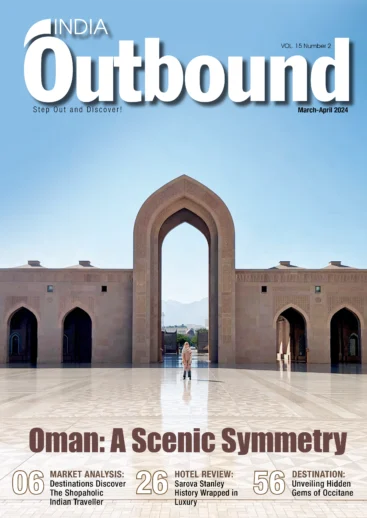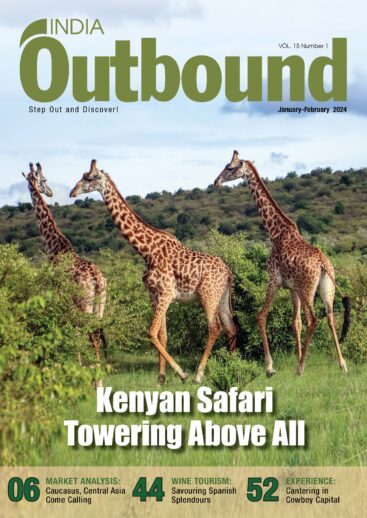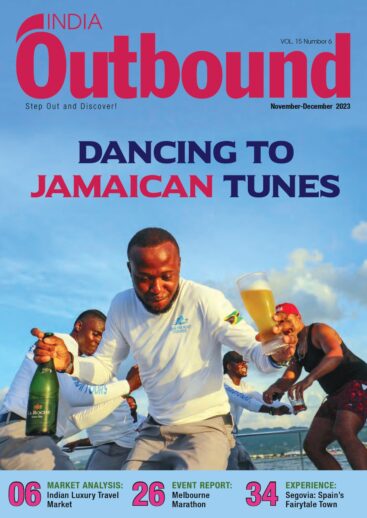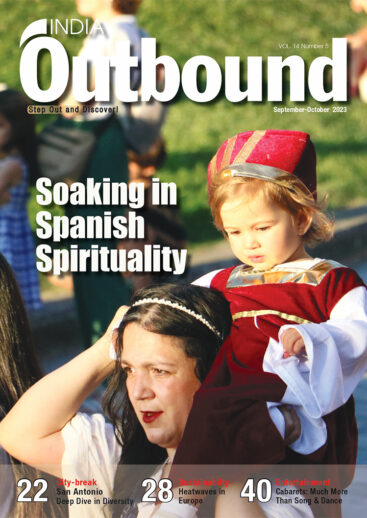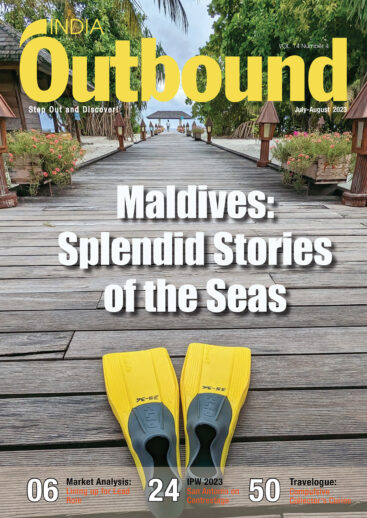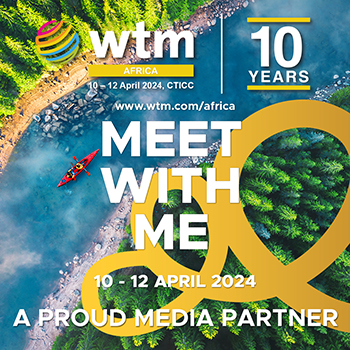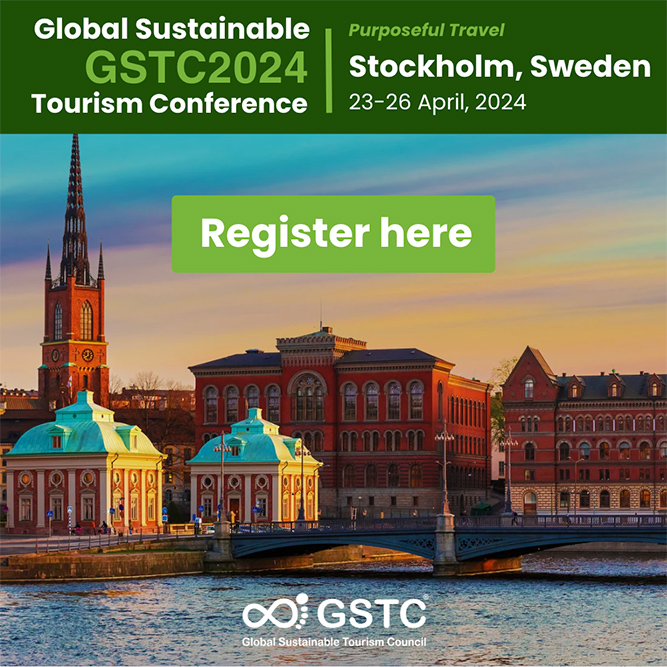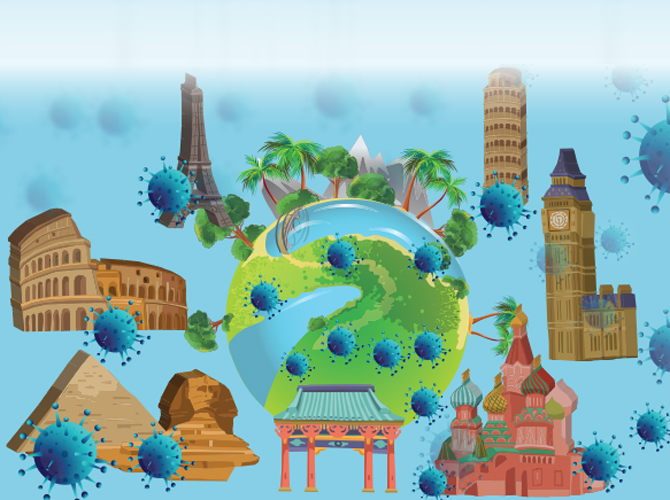
Around half of UNWTO’s Panel of Experts believe 2021 will be a better year for international tourism than 2020
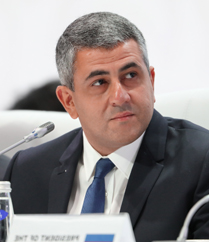
Zurab Pololikashvili, UNWTO, Secretary-General
After a calamitous 2020, what is your expectation from 2021? Do you see a meaningful and sustained revival of cross-border travel anytime soon?
It is currently not prudent to make predictions for the whole of 2021. We do anticipate that domestic tourism will return to growth first. And, as confidence in travel returns and, if restrictions on travel are eased or lifted safely, responsibly and in line with the latest data, we should see a steady restart of international tourism, starting in the latter part of the year.
Last year most predictions were that once the vaccines are around, travel will start in a significant manner. Why do you think that despite large scale vaccinations, curfews and border closures keep on increasing across the world?
Restrictions on travel do remain in many places, and UNWTO’s regularly-updated Travel Restrictions Report illustrates quite how governments around the world have acted to try and stop the spread of the virus, including since the emergence of serious mutations. Vaccines by themselves are not a solution. We need international coordination, standard and recognised protocols, responsibility and accountability. From the beginning, UNWTO has acknowledged that governments have a responsibility to their citizens, but this also implies the international impact of national decision making. Travel restrictions must be constantly assessed and eased or lifted as soon as is possible, with decisions always based on the latest health situation, international protocols and available data.
What role can you/UNWTO play in getting a globally coordinated effort to revive tourism which is key to almost every single nation in the world?
UNWTO has brought the broad and diverse tourism sector together to identify and advance solutions that will help restart tourism. Restoring confidence in international travel is a top priority, and one way of ensuring this through coordination and harmonisation. This is especially the case now, as the mass rollout of vaccines is underway in many countries. Our Global Tourism Crisis Committee continues to meet, and we are advocating for tourism at the very highest political level, emphasizing the need for international cooperation and the harmonisation of rules and protocols. Alongside this, we are working to ensure a first global legal framework for protecting tourists as consumers. The UNWTO International Code for the Protection of Tourists will help restore trust in international tourism and give people the confidence to travel again safe in the knowledge they will be protected if case of emergency, no matter where they are in the world. On the political level we have made a successful case for tourism support at the G20, the European Union, heads of state. We were also able to trigger unprecedented recognition by the United Nations, the broader public and the media.
Since tens of millions of jobs have been lost in tourism industry globally, does this crisis call for creation of an ‘assistance fund’ like other UN bodies have which could be used for most urgent needs in worst hit countries?
Words of support for tourism need to be backed up with firm actions. This includes through offering the tourism sector economic support, helping protect businesses and safeguard jobs. In many instances, our call for such actions has been heeded. The European Commission has announced an economic package for tourism that is unprecedented in size and scale, and individual countries have also taken concrete steps, including through assistance funds and offering tourism businesses a range of fiscal breaks and economic incentives.
For developing states, and above all those where tourism is a vital economic pillar and source of livelihoods, the restart of tourism is especially important. The return of tourists to such destinations will provide a much-needed economic boost and, if this is properly managed, the benefits will be widely felt.
Which parts of the world are likely to reopen for tourism this year and where do you see most revival occurring?
Our analysis suggests that the demand for authentic and unique travel experiences, most notably out-of-doors experiences and leisure tourism, will continue to grow and may even accelerate as people start to travel again. This means tourism’s power as a tool of rural development will be made even clearer than before. However, it remains too early to confidently predict which countries or destinations will be ready to welcome tourists before others.
What has been the role of UNWTO in helping the global travel community deal with the crisis? Going forward, what are the lessons that the world needs to learn/has learnt from such crises and how to be better prepared for them?
UNWTO has guided global tourism through the biggest crisis in the sector’s history. We have leveraged our status and influence as part of the United Nations to make sure tourism has been part of the response to the pandemic at every level. In this way, UNWTO’s role has been to give tourism a single, strong voice to both lobby for political and economic support for the sector and to make clear the sector’s unique potential to drive recovery. Alongside this, UNWTO has continued to support our Member States throughout the crisis, including through expert Technical Assistance, both virtual and on-the-ground.
One of the main things we can take from this crisis is the importance of solidarity cooperation, both between the public and private sectors and between countries. Moving forward, such an emphasis on cooperation will allow us to not only restart but to rethink tourism and accelerate the progress the sector had already been making towards becoming more inclusive and sustainable.
How long would the world tourism industry take to get back to the levels of 2019?
Around half of UNWTO’s Panel of Experts, made up of leaders from across the sector and from every global region, believe 2021 will be a better year for international tourism than 2020. Looking further ahead, most experts anticipate a return to 2019-levels in 2022 or 2023. This is in line with UNWTO’s extended scenarios for 2021-2024 which indicate that it could take two-and-a-half to four years for international tourism to return to 2019 levels.










